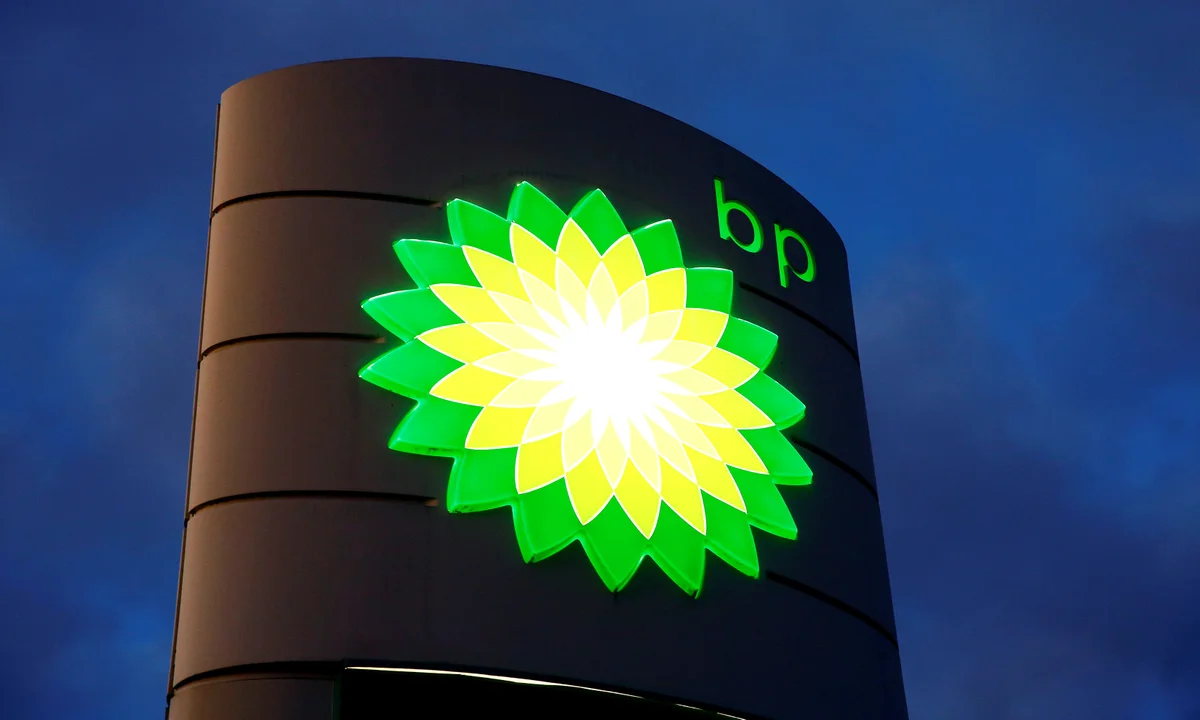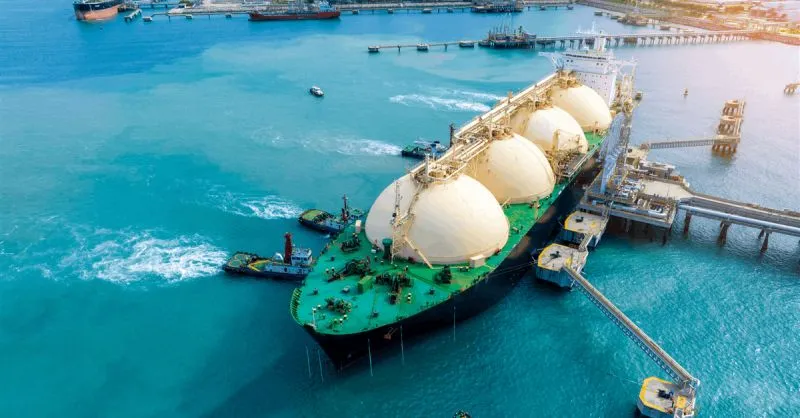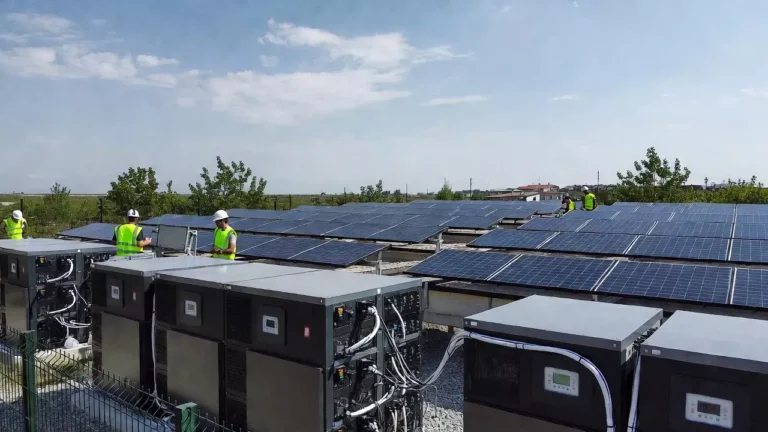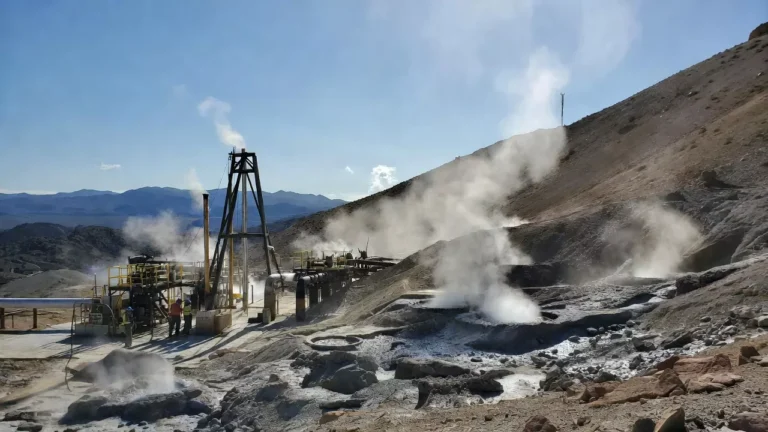
BP Ships First LNG Cargo from Greater Tortue Ahmeyim Project, Ushering in New Era for Mauritania and Senegal
BP has successfully loaded and exported the first cargo of liquefied natural gas (LNG) from its landmark Greater Tortue Ahmeyim (GTA) Phase 1 project, located offshore between Mauritania and Senegal. This milestone comes after the company confirmed the initial flow of gas from the facility earlier this year, marking the beginning of a new chapter in West Africa’s contribution to the global energy landscape.
The successful export of LNG from GTA is not just a technical achievement—it is also a strategic moment for BP, one of the world’s largest energy companies, as it advances its upstream oil and gas portfolio. It is the third major upstream project that BP has brought online this year alone, highlighting its continued momentum in expanding global energy production capabilities. These developments are part of BP’s broader objective to launch up to 10 significant upstream oil and gas projects by the end of 2027. This latest milestone reinforces BP’s commitment to responsibly growing its hydrocarbon production while supporting global energy security.
A New Supply Source for Global LNG Markets
The loading of the first cargo represents a critical step for BP’s global operations and is particularly significant in the context of ongoing energy market volatility and increasing demand for LNG, especially from countries seeking to transition from coal and oil to lower-carbon energy sources. LNG, being a more flexible and cleaner-burning fuel, has become an increasingly essential part of the global energy mix.
“This first cargo from Mauritania and Senegal marks a significant new supply for global energy markets,” said Gordon Birrell, Executive Vice President of Production and Operations at BP. “Starting exports from GTA Phase 1 is an important step for BP and our oil and gas business as we celebrate the creation of a new production hub within our global portfolio.”
Birrell emphasized that the achievement is the result of immense dedication, technical expertise, and close collaboration among stakeholders across multiple countries and organizations. “This is the culmination of years of work from the entire project and operations teams—congratulations to all who were involved in safely reaching this landmark. I would also like to thank the governments of Mauritania and Senegal, and our partners—Kosmos Energy, PETROSEN, and SMH—for their ongoing support and collaboration,” he added.
Innovative Infrastructure and Offshore Prowess
The GTA project utilizes cutting-edge offshore infrastructure, including a floating liquefied natural gas (FLNG) vessel situated approximately 10 kilometers from the shore. This specialized vessel is capable of receiving natural gas extracted from deep-water reserves, cryogenically cooling and liquefying the gas to minus 162 degrees Celsius, and storing it safely until it is transferred to LNG carriers for international shipping.

This operation marks a critical proof point for FLNG technology in Africa, demonstrating the continent’s capability to develop large-scale offshore energy infrastructure. The FLNG vessel provides a flexible, cost-effective, and scalable solution to produce and export LNG from remote offshore gas fields. It also reduces the need for extensive onshore infrastructure, which can be more challenging to develop in remote coastal regions.
Depth, Complexity, and Strategic Importance
The Greater Tortue Ahmeyim project is notable not only for its technological sophistication but also for the challenging conditions under which it operates. It is one of Africa’s deepest offshore energy developments, with gas resources located in waters as deep as 2,850 meters (more than 9,300 feet). Despite these conditions, the project has achieved world-class safety and engineering standards throughout its development.
Recognizing its national and regional importance, the governments of Mauritania and Senegal have declared the GTA project “a project of strategic national importance.” Once fully operational, GTA Phase 1 is expected to produce up to 2.4 million tonnes of LNG annually. This production volume will help meet rising global energy demand while also enabling the host countries to benefit from a share of the produced gas for domestic use. The governments of Mauritania and Senegal have made it clear that a portion of the gas will be allocated to local markets when the necessary infrastructure is in place to receive it.
Strengthening Regional Partnerships
The GTA project stands as a testament to the strong collaboration among BP, its joint venture partners, and the host nations. Kosmos Energy, a Dallas-based exploration and production company, was instrumental in the initial discovery and development of the GTA field. Meanwhile, PETROSEN (the national oil company of Senegal) and Société Mauritanienne des Hydrocarbures (SMH, the national oil company of Mauritania) have both played key roles in enabling and advancing the project.
BP first entered the Mauritania and Senegal region in 2017 through a deal with Kosmos Energy, which held significant gas discoveries offshore. Since then, BP has led development efforts and served as the project operator. Over the course of the project’s development, BP and its partners have cultivated strong ties with national authorities, community stakeholders, and local industry partners, building a platform not only for economic development but also for future energy collaboration in the region.
“This is a very proud day for Mauritania and Senegal,” said Dave Campbell, Senior Vice President of Mauritania and Senegal at BP. “Throughout the development of this project, we have built strong relationships with the project’s host governments, local communities, and our partners, and we look forward to strengthening these in years to come as we continue ongoing operations.”
Economic and Local Development Impact
Beyond its global energy contribution, the GTA project is also a cornerstone of local economic development. During the construction phase alone, the project created more than 3,000 jobs for local workers, offering new career pathways and training in engineering, operations, and technical roles. In addition, approximately 300 local companies across Mauritania and Senegal were engaged in the supply chain, contributing goods and services to support the project’s execution.
BP and its partners have also invested in capacity building and training initiatives aimed at developing local expertise that will be essential for ongoing operations and potential future projects in the region. The project’s long-term presence offers the potential for sustainable job creation, skills transfer, and economic diversification beyond the oil and gas sector.
A Platform for Growth
The successful launch of LNG exports from GTA Phase 1 positions Mauritania and Senegal as emerging players in the global LNG market. It also lays the groundwork for further development of offshore gas resources in the region. Future phases of the Greater Tortue Ahmeyim project are already under consideration, as is the development of other nearby gas discoveries.
BP’s efforts in West Africa align with its global upstream strategy: to deliver resilient and focused hydrocarbons that support energy security and enable the energy transition. While BP has made public commitments to reduce the carbon intensity of its operations and grow its low-carbon business, natural gas remains a core component of its energy offering due to its role as a transitional fuel in many regions.
In conclusion, the loading of the first LNG cargo from the Greater Tortue Ahmeyim Phase 1 project is more than a shipping event—it is a symbol of international cooperation, technological achievement, and long-term potential. As BP, its partners, and the host nations continue to work together, this project will not only fuel global energy markets but also contribute meaningfully to the socio-economic development of Mauritania and Senegal for years to come.










